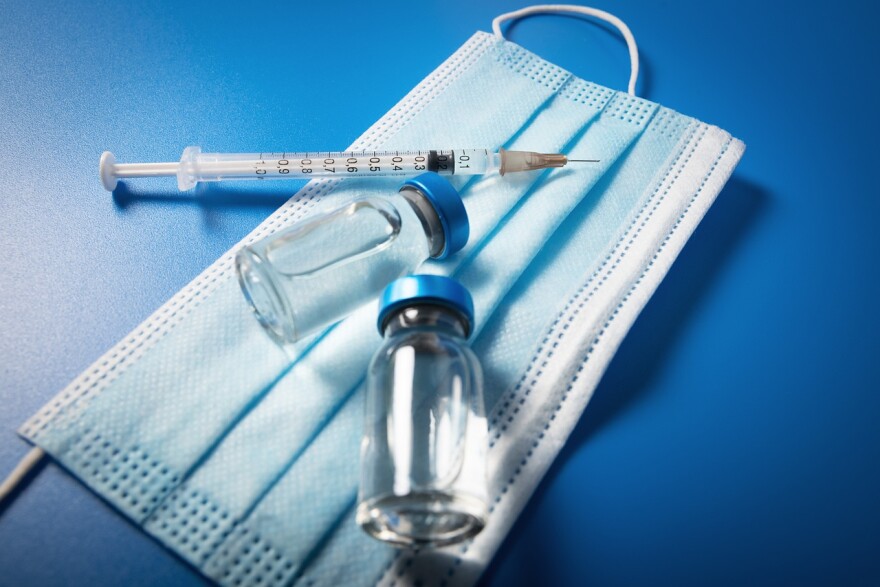Updated COVID vaccines are now available at most pharmacies, including Walgreens, CVS, HEB, and Walmart. University Health System has a limited supply of the updated shot and is not yet offering them to the public.
UT Health Science Center San Antonio said its more than 60 primary care providers will not be offering the new COVID vaccine at their UT Health San Antonio offices, blaming low demand. It said, in a statement, "We encourage those who want a COVID-19 booster to take advantage of the widely available and convenient options at area pharmacies."
The new mRNA vaccines from Pfizer and Moderna target the KP.2 variant, and the new Novavax targets JN.1. The current dominant COVID strain is JN.1 descendent KP.3.1.1, with JN.1 subvariants KP.3, KP.2.3, and LB.1 following closely behind.
The FDA ordered the KP.2 vaccine formulation in June with hopes that it would be more effective against Omicron subvariant JN.1 and its many descendants than last year's XBB vaccine. Moderna and Pfizer were able to make that formulation. Novavax had already started making its JN.1 update.
However, FDA ordered the vaccines when the KP variant surge had already begun. Now, three months later, the CDC says the level of COVID in the nation's wastewater remains "high," and many people have already been infected.
If you've been infected, should you get a new vaccine? If you haven't been infected, is it too late to get a new vaccine?
UT Health San Antonio professor and infectious disease specialist and hospital epidemiologist at University Health Dr. Jason Bowling said that if you've had COVID in the last two to three months, you can wait to get a new vaccine, as most people will have some protection with natural immunity for that limited length of time.
After that, Bowling said, you should get the updated COVID shot, along with the influenza vaccine.
"You can wait 2-3 months to allow your immune system to return to baseline," Bowling wrote in an email, "but you should definitely still get the updated COVID vaccine (and flu!) as we anticipate another surge in late fall/early winter when natural immunity will have waned."
If you have not been infected with COVID yet in this go-around, Bowling urges you to get your vaccine as soon as possible.
This advice is good for everyone ages 6 months and older, unless your doctor has told you otherwise.
It is late in a surge to offer updated vaccines, when so many people have already been infected, Bowling said, "I agree it would have been preferable to have had this new vaccine available a few months earlier to blunt this surge."
The greater challenge is, however, getting people to get updated vaccines, at all.
"Timing of rollout of COVID-19 vaccines is challenging given that the overall uptake in the U.S. has not been optimal," Bowling said, adding that it is estimated that only 22% of eligible adults took the most recent 2023-2024 vaccine.


